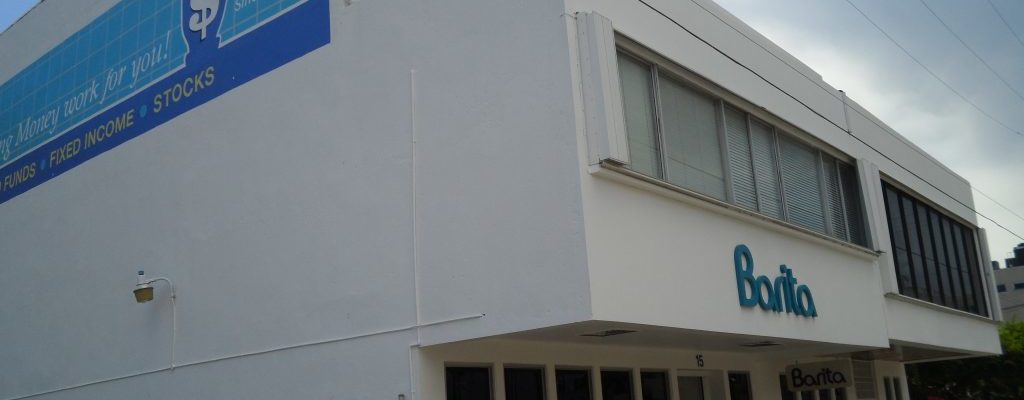
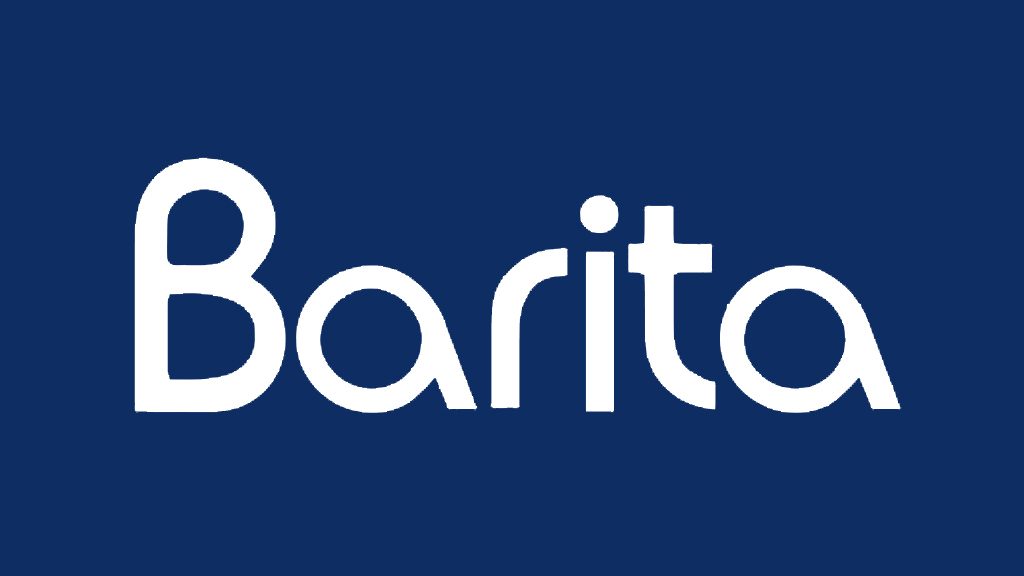
The announcement that local investment house Barita is going back into the market looking for additional capital, eight months after having secured J$13.5 billion, has raised some eyebrows.
A bulletin was posted on the Jamaica Stock Exchange (JSE) website which read: “Barita Investments Limited (BIL) has advised that at a meeting of their Board of Directors to be held on Wednesday, July 14, 2021, at which the Directors will consider, and if thought fit, recommend the convening of an Extraordinary General Meeting for the purpose of tabling a resolution for consideration by the shareholders relating to the raising of additional capital by the Company.”
If this were to go ahead, it would constitute Barita’s fourth major capital raise in less than two and a half years.
In September of last year, Barita offered investors 173,733,220 new ordinary shares priced between $49 and $52 a share. It then upsized the offer by 50 per cent, issuing an additional 86,866,610 new ordinary shares.
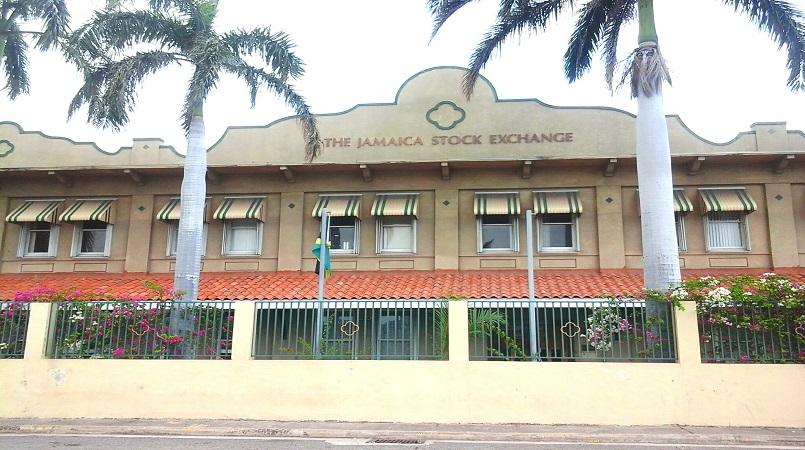
This became one of the largest APOs listed on the JSE and saw the company raising $13.5 billion which it said would be used for expansion and acquisition purposes.
Since then and with a considerable cash pot to draw upon, Barita has not made any significant purchases which begs the question, what is it doing with all that money?
The proposed sale of a stake in CIBC FirstCaribbean to the Colombian outfit GNB Financial Group, for more than US$97 million, is now off and there was speculation that Barita would step in using the Barbados-based banking house as its regional footprint.

Then there is the possibility that it would use its unit trust division to go after acquisitions but that is unlikely, given the regulatory constraints.
At the conclusion of last year’s APO, Barita’s Deputy Chairman Paul Simpson said: “We think the successful execution of this offer at this time is testament to the growing maturity of the Jamaican capital markets, led in part by the work of Marlene [Street Forrest] at the JSE. The market has continued to demonstrate its capacity to absorb transactions of increasing scale even during uncertain times.”
The parent of Barita, Cornerstone Investment Holdings Ltd, comprised of Mark Myers (managing director of Restaurants of Jamaica), Duncan Stewart ( managing director of Stewart’s Auto), James Godfrey (boss of S&G Road Surfacing) and Simpson have turned around the fortunes of what was once considered a quaint boutique.
Simpson formed Cornerstone in 2015.
Cornerstone, incorporated in St Lucia, acquired the majority shareholding of Barita (75 per cent) for over $3 billion at $9.20 per share and has gone on to make an absolute fortune from Barita in less than two years.
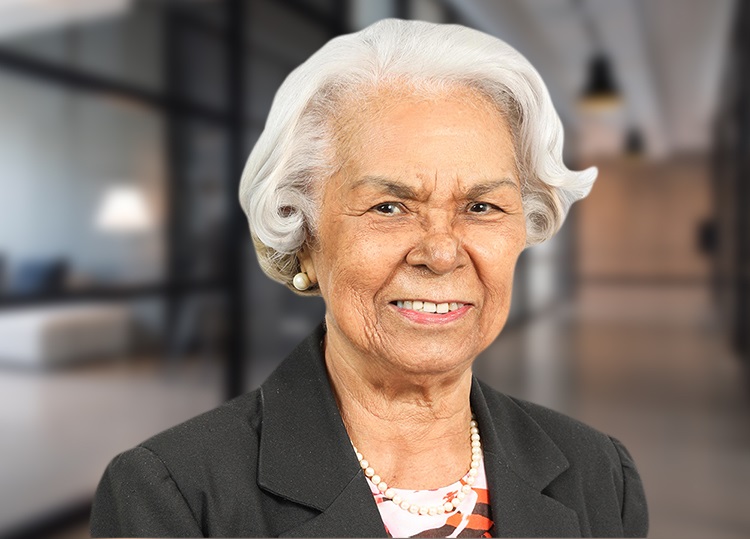
Rita Humphries-Lewin founded Barita in 1977. In 2019, a year after Cornerstone took over, Barita raised $10.3 billion in new equity capital. That same year, Barita’s profits skyrocketed by 380 per cent, a phenomenal achievement.
There is an argument to be made that Barita may be amassing a war chest to take advantage of distressed assets during the COVID pandemic. Nevertheless, continually going to the market for additional funds signals a high level of confidence reposed in Barita and its plans for the future.
Is it looking to form a banking entity to rival NCB? It doesn’t seem content just remaining a brokerage. Or is it also looking at forming a portfolio of diversified businesses outside the financial sector?
It has remained silent on these matters.
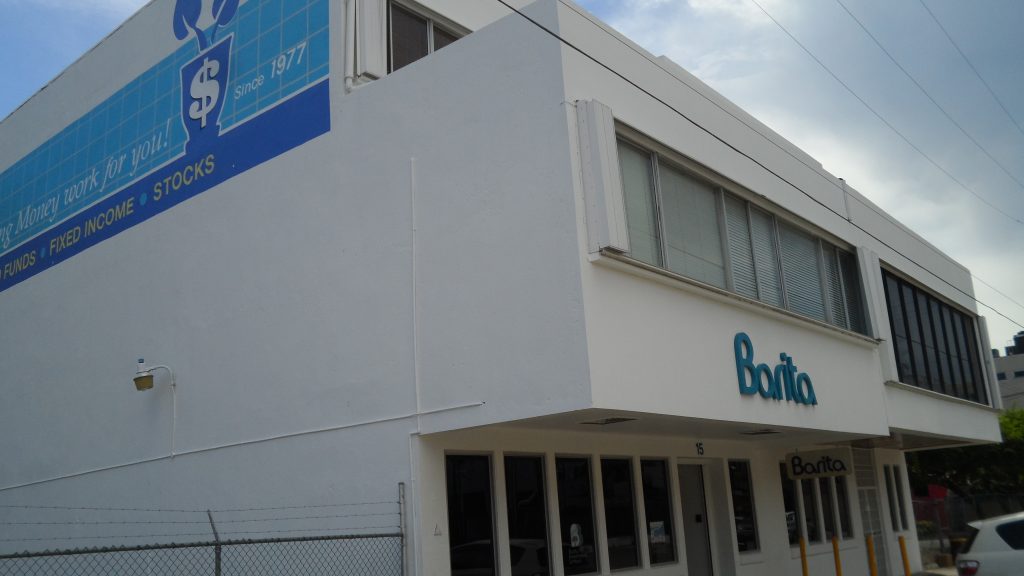
Who has not remained silent is Trinidad Express’s business editor, Anthony Wilson. In an article headlined ‘It’s not material to shareholders’, Wilson writes: “ From October 1, 2020 to March 31,2021 – a period entirely dominated by the impact of COVID-19 – the company reported after tax profit of J$2.1 billion, 104 per cent more than the $1 billion declared for the first six months of its 2020 financial year.
“How was Barita able to achieve such a stratospheric performance, while other financial companies around the Caribbean experienced declining profitability since March 2020?”
In the follow-up article, ‘How Barita turned money into wealth’, Wilson probes Barita’s “Gain on sale of investments and trading profits” which last year accounted for 27 per cent of Barita’s net operating revenues, making it now its second largest earner.
These questions warrant answers and Simpson and the Barita team should have furnished them with a fulsome response to Wilson’s articles, but to date they have not said a word.

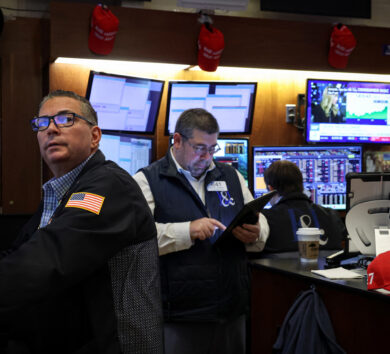
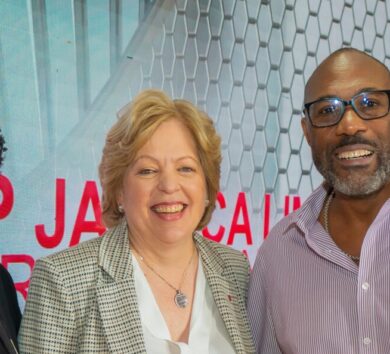
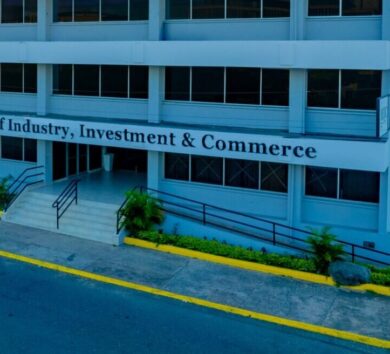



Comments